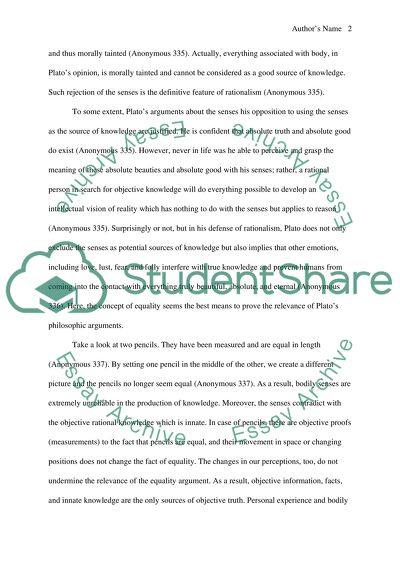Cite this document
(“Argument Essay Example | Topics and Well Written Essays - 2000 words”, n.d.)
Argument Essay Example | Topics and Well Written Essays - 2000 words. Retrieved from https://studentshare.org/miscellaneous/1568755-argument
Argument Essay Example | Topics and Well Written Essays - 2000 words. Retrieved from https://studentshare.org/miscellaneous/1568755-argument
(Argument Essay Example | Topics and Well Written Essays - 2000 Words)
Argument Essay Example | Topics and Well Written Essays - 2000 Words. https://studentshare.org/miscellaneous/1568755-argument.
Argument Essay Example | Topics and Well Written Essays - 2000 Words. https://studentshare.org/miscellaneous/1568755-argument.
“Argument Essay Example | Topics and Well Written Essays - 2000 Words”, n.d. https://studentshare.org/miscellaneous/1568755-argument.


